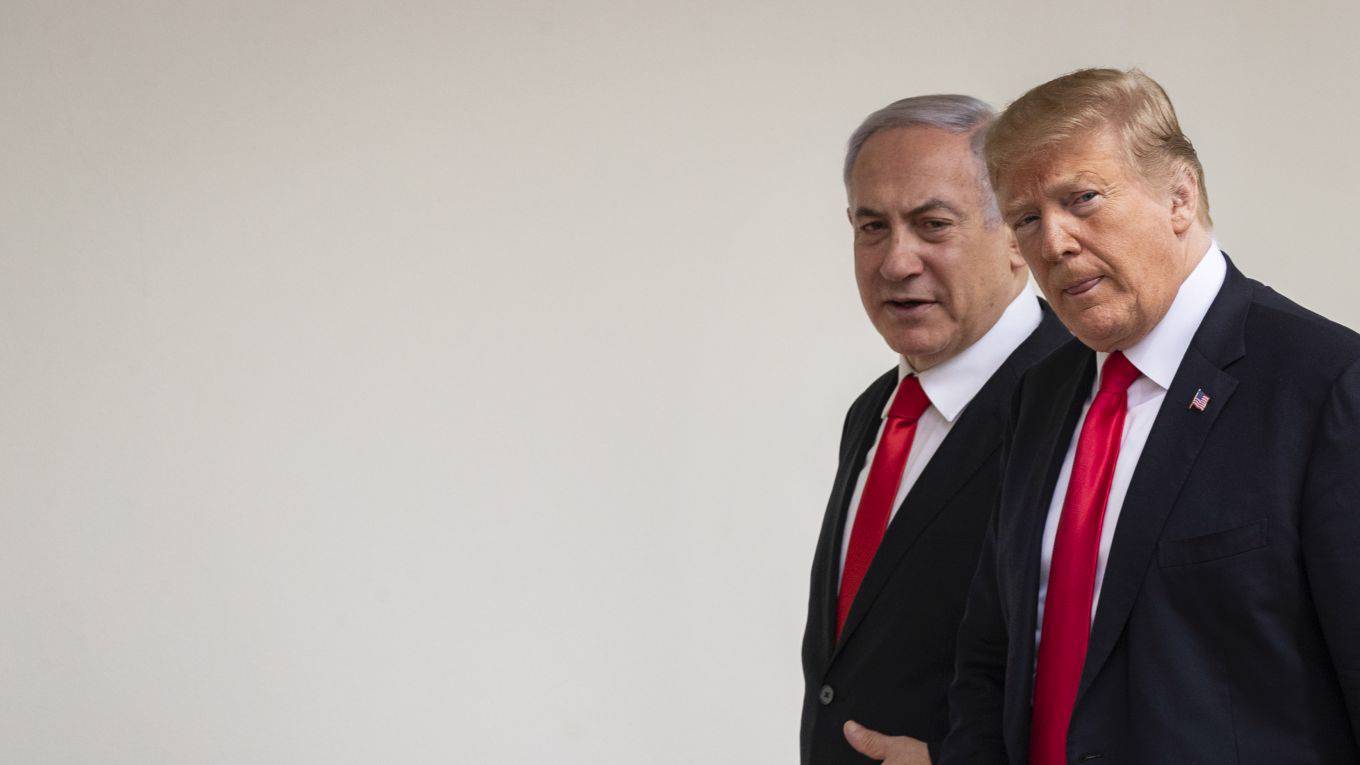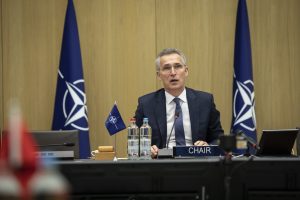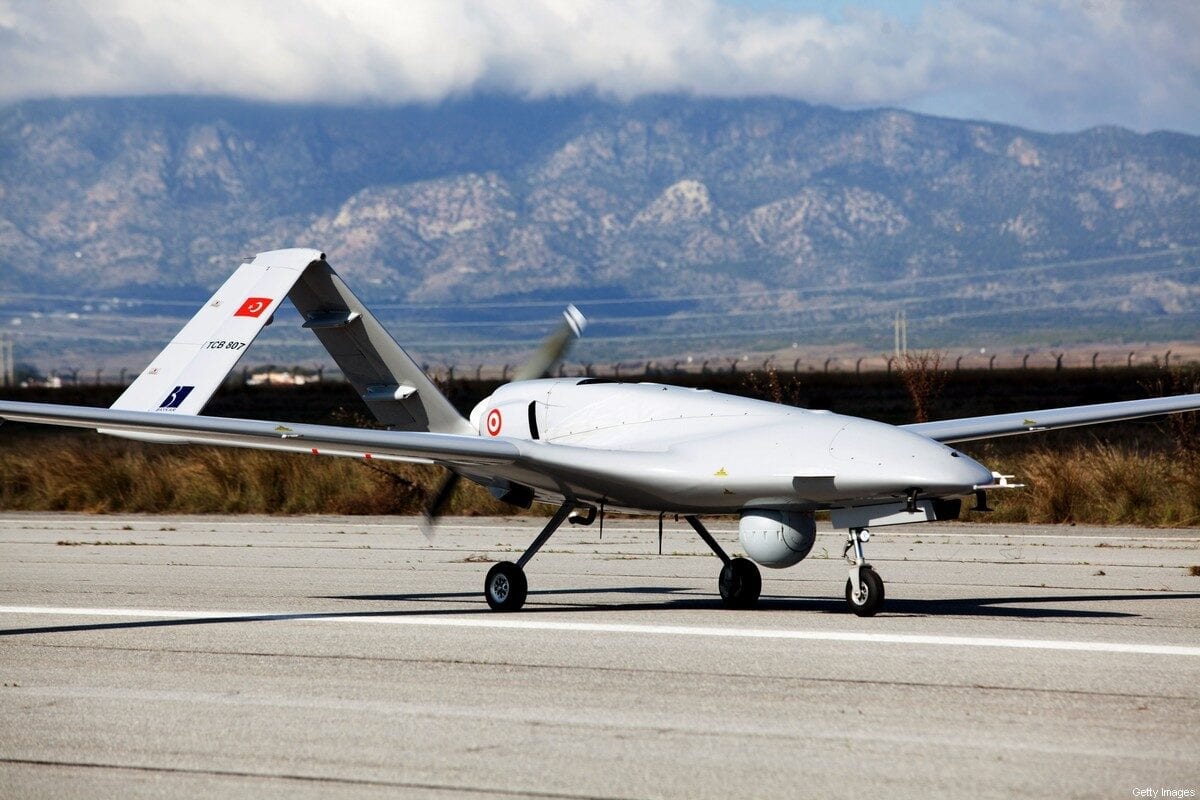SUSHANT SINGH
On 2 October, images of a war memorial in eastern Ladakh started appearing on the social-media accounts of some journalists. The memorial, “Gallants of Galwan,” was built for the 20 Indian soldiers who died in a violent physical clash with the Chinese People’s Liberation Army on 15 June. The unacknowledged source of those images, which made it to all newspapers the next day, was the army headquarters, and the pictures contained more details about the incident than had been made public till date. The inscription on the memorial stated that Colonel Santosh Babu, the commanding officer of 16 Bihar Regiment, and his team had been “tasked to evict the PLA OP (observation post) from Gen A (General Area) Y-Nala and move further to Patrolling Point 14.” It further clarified that this team “successfully evicted the PLA OP from Y-Nala and reached PP 14 where a fierce skirmish broke out between the IA (Indian Army) and PLA troops.”
Till then, the government or the army had never officially confirmed that Babu and his men had been tasked to evict Chinese soldiers and then move further to PP 14, a few hundred yards away, in an area where inches of space are fiercely contested by both armies. The images of the memorial established that the clash—which, along with the deaths, also injured another 78 and left ten soldiers in Chinese captivity—occurred not during the eviction but subsequently at PP 14.

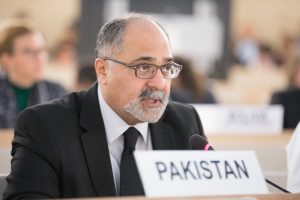
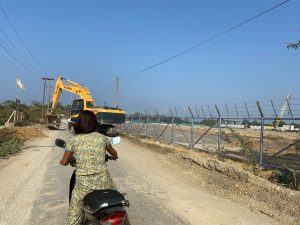

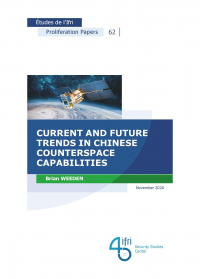
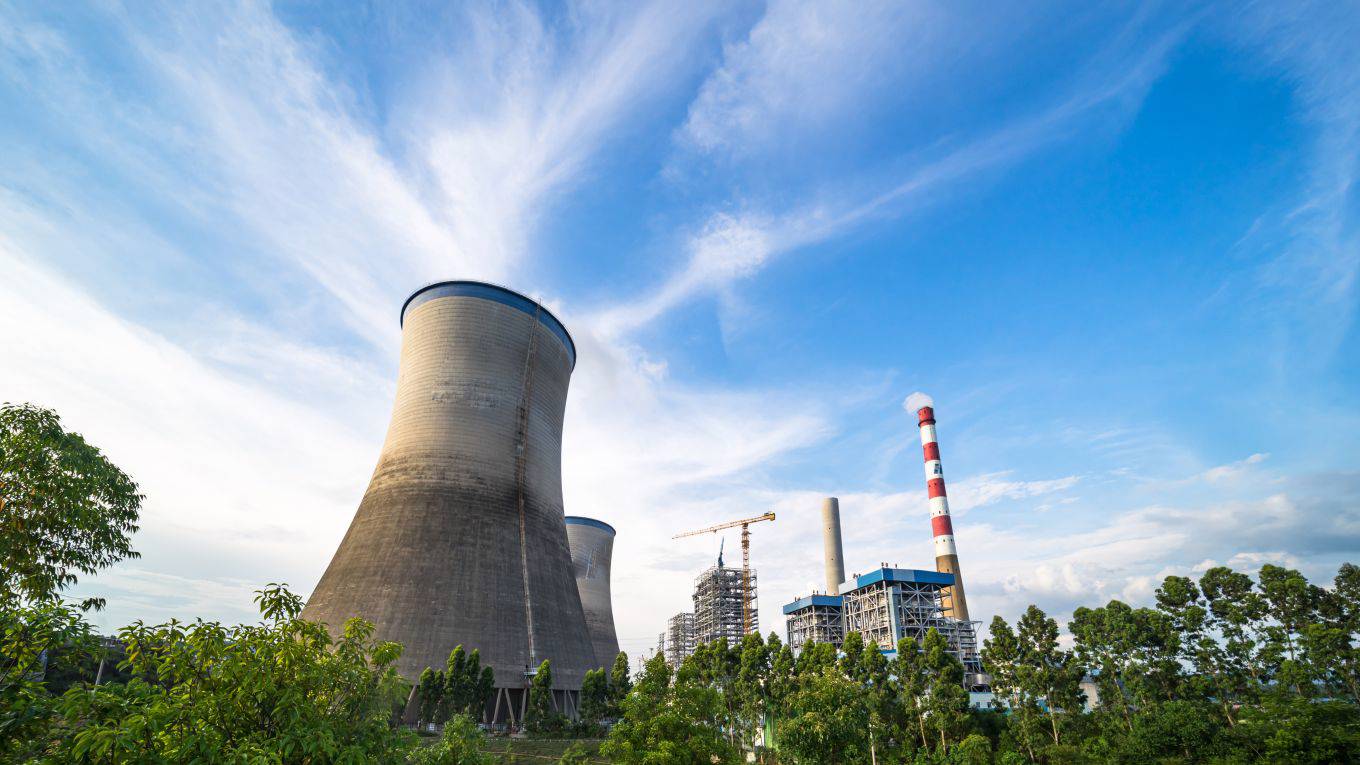

/cdn.vox-cdn.com/uploads/chorus_image/image/68042118/1152948615.jpg.0.jpg)
